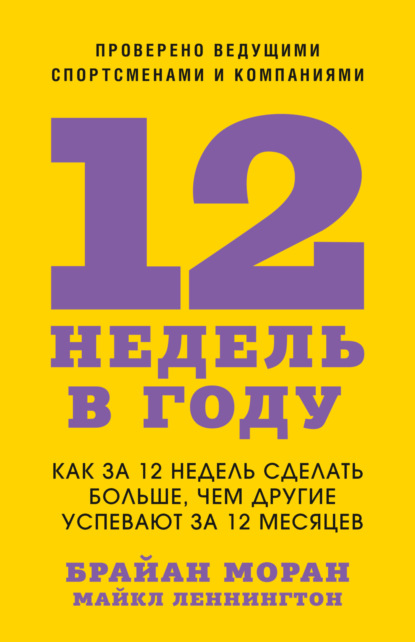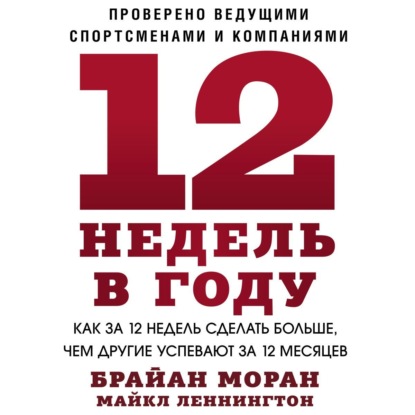In Human Reasoning and Cognitive Science, Keith Stenning and Michiel van Lambalgen--a cognitive scientist and a logician--argue for the indispensability of modern mathematical logic to the study of human reasoning. Logic and cognition were once closely connected, they write, but were "divorced" in the past century; the psychology of deduction went from being central to the cognitive revolution to being the subject of widespread skepticism about whether human reasoning really happens outside the academy. Stenning and van Lambalgen argue that logic and reasoning have been separated because of a series of unwarranted assumptions about logic. Stenning and van Lambalgen contend that psychology cannot ignore processes of interpretation in which people, wittingly or unwittingly, frame problems for subsequent reasoning. The authors employ a neurally implementable defeasible logic for modeling part of this framing process, and show how it can be used to guide the design of experiments and interpret results. They draw examples from deductive reasoning, from the child"s development of understandings of mind, from analysis of a psychiatric disorder (autism), and from the search for the evolutionary origins of human higher mental processes. The picture proposed is one of fast, cheap, automatic but logical processes bringing to bear general knowledge on the interpretation of task, language, and context, thus enabling human reasoners to go beyond the information given. This proposal puts reasoning back at center stage. A Bradford Book Это и многое другое вы найдете в книге Human Reasoning and Cognitive Science (Bradford Books) (Keith Stenning, Michiel van Lambalgen)
Human Reasoning and Cognitive Science (Bradford Books) Keith Stenning, Michiel van Lambalgen (книга)
Подробная информация о книге «Human Reasoning and Cognitive Science (Bradford Books) Keith Stenning, Michiel van Lambalgen». Сайт не предоставляет возможности читать онлайн или скачать бесплатно книгу «Human Reasoning and Cognitive Science (Bradford Books) Keith Stenning, Michiel van Lambalgen»















